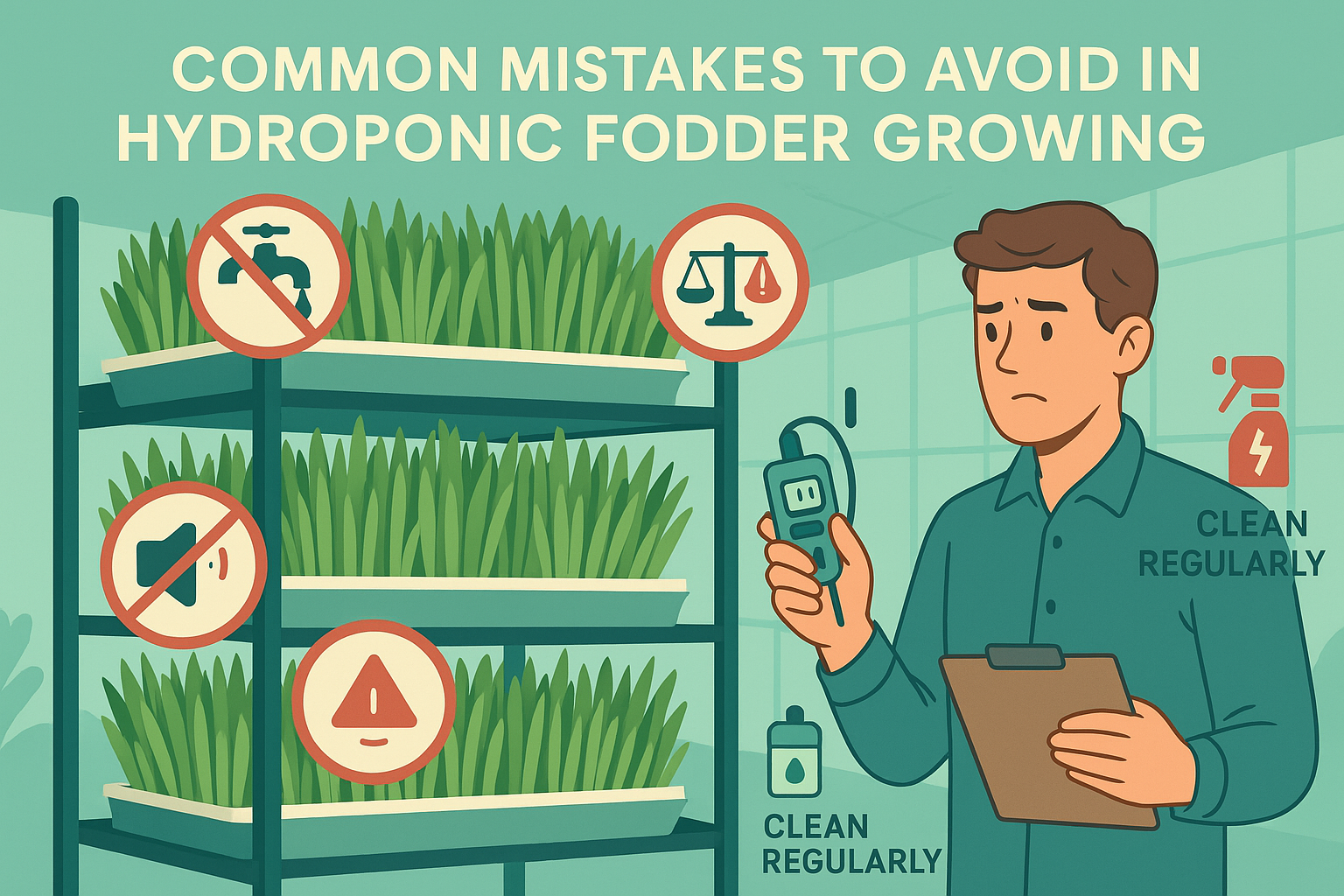Disease management is one of the most critical aspects of successful goat farming. Goats are hardy animals, but without proper health care, they can fall prey to infections and parasites that reduce productivity and profitability. Early diagnosis, vaccination, and good management practices can significantly reduce losses.
Common Diseases in Goats
- Peste des Petits Ruminants (PPR) – Highly contagious viral disease causing fever, diarrhea, and respiratory problems.
- Enterotoxemia – Caused Clostridium bacteria, often linked to sudden feed changes. Leads to diarrhea and sudden death.
- Foot Rot – Bacterial infection affecting hooves, common in damp conditions.
- Goat Pox – Viral disease causing skin eruptions, fever, and reduced milk production.
- Coccidiosis – Parasitic disease affecting kids, leading to diarrhea and stunted growth.
- Mastitis – Infection of the udder, reducing milk yield and quality.
Preventive Measures
- Vaccination: Follow a proper vaccination schedule for PPR, Goat Pox, and Enterotoxemia.
- Deworming: Regular deworming to control internal parasites.
- Hygiene: Keep sheds clean and dry; ensure proper drainage.
- Quarantine: Isolate newly purchased or sick animals before mixing with the herd.
- Nutrition: Provide balanced diet and mineral supplements to improve immunity.
- Veterinary Checkups: Regular health monitoring ensures early disease detection.
Conclusion
“Prevention is better than cure” is especially true in goat farming. By adopting preventive healthcare measures, farmers can protect their goats, ensure higher productivity, and avoid heavy financial losses. Healthy goats mean a healthy business.










Leave a Reply